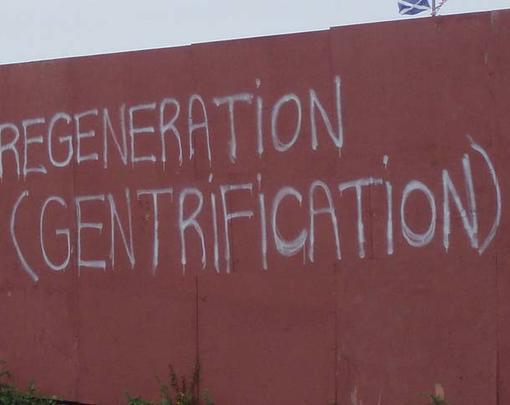The US government has long played a central role in innovation, both through the patent system and by directly supporting research and development. In articulating innovation priorities and defining how to achieve them, policymakers have relied heavily on the expertise of scientists and market players. This has expanded the technical workforce, increased the numbers of scientific publications and patents, and produced macroeconomic growth. The benefits for the population are less clear: there is growing social and economic inequality and the needs of marginalized groups are invariably ignored.
This paper identifies four harms of this approach, specifically for health equity. It does not consider concerns of accessibility or affordability, defining these as health care, rather than innovation, problems. It limits the range of innovators, and also distorts innovation incentives. Finally, it tolerates harmful, and even biased, innovation. It concludes with recommendations for addressing these negative consequences: sponsoring much more interdisciplinary research, engaging marginalized communities as experts, and exploring nonmarket avenues for health innovation.





